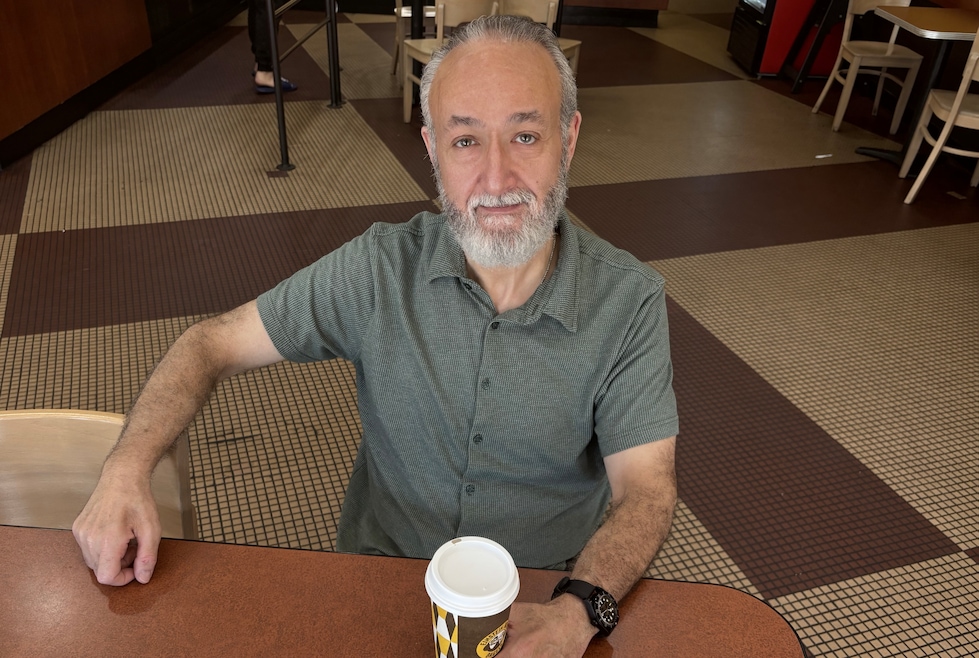South Florida real estate attorney Gary Singer preaches planning, as financially unrewarding as that may be.
"If people planned as much as I told them to, I'd be broke," Singer told Homes.com during a breakfast interview this week. "I make literally 10 to 20 times the amount to fix the problem as I do to prevent it. You've got to think it through in advance. Otherwise, you end up fighting, and that's where I make my money."
Singer, 53, graduated from Nova Southeastern University in 1998 with degrees in political science and legal studies, and earned his law degree from Nova in 2001. After starting his career with another law firm, he launched his own practice in 2005.
Singer handles real estate law and commercial disputes for clients across metropolitan Miami and beyond. He also serves as an expert witness, mediator and arbitrator. In addition, he owns a title company and has a stake in another firm that handles title work for other lawyers.
For 15 years, he's been answering real estate questions in a weekly column for the South Florida Sun Sentinel. The column is often among the most-read stories on the newspaper's website.
Singer said it's becoming more common for unmarried partners or relatives to buy homes together, but human nature being what it is, people don't want to think about worst-case scenarios. What happens if one person dies during their ownership of the property or the other person loses a job and doesn't have the money to pay their share of the mortgage?
Make sure goals are aligned
In some cases, Singer said, the unmarried partners have mismatched expectations. One prospective owner may envision buying a property to use as a vacation home, while the other person thinks it'd make an excellent investment to fix and flip.
Having those conversations beforehand can save time, grief and many thousands of dollars in legal fees, according to Singer.
"By planning it out, you're setting expectations in yourself and with the other person," he said. "You might find that you're very compatible buying it together or you might wind up not buying it at all because you realize you're not ready or you have different goals."
Singer addressed homebuying blunders, elaborated on when buyers need to walk away and explained the importance of making lists. The following interview has been edited and condensed for clarity.
From a lawyer's lens, what are among the most common mistakes you see in homebuying?
Not putting a lot of thought into it. I am amazed that there's a fair percentage of people who buy property sight unseen. They do a video tour. A house! Don't do that. You need to go touch it, smell it, feel it.
The second-biggest thing: Most people realize the importance of an inspection. But what they don't realize is that the inspection is the first step, not the last. The inspection shows the roof looks a little degraded. Does anyone then go hire a roofer? Nothing against home inspectors, but there's only so much you can do in three hours.
In many cases, though, buyers are working under tight sales contract deadlines. How can they do proper due diligence without losing the deal?
Well, it helps if you have all your vendors lined up before you start looking for a house. That saves a lot of time right there.
If the inspection report says to check the electrical system because the box is not up to code, you need to get an electrician out there. You need more time to set that up. You've got to negotiate that and be willing to walk away if the seller won't work with you.
Now that said, you can't move at your own speed, but you can't be rushed, either. You can't want something so bad that all reason and planning go out the window. Every part of the system is designed to excite and rush you. 'We've got to get the offer in!' Or, 'We've got to meet the deadline!' Sometimes the deadline is, 'I'm canceling.'
Trust me when I say there's another house just as good, if not better, right around the corner. I don't care if it's an up market, down market, buyer's market, seller's market. Honestly, there's no house so important that you shouldn't be willing to walk away.
What’s a good tip for unmarried people who want to buy a house together?
What I recommend is to make a list of five or 10 things that are as close to non-negotiable as they can be. 'I want to live by the beach' or 'The house has to have four bathrooms.' Whatever. If you're buying with someone else, you both should make lists to see if they intersect.
Then you have to take the next step to look at what if things don't work out the way you planned. If you're buying it with a boyfriend or girlfriend, what if you break up?
One of the biggest advantages of this kind of planning is that it becomes a bit of a thought experiment. A lot of times in this process, it brings up things that you haven't thought about before.
Any final thoughts?
Don't take legal advice from your agent, and don't take home value advice from your lawyer.

